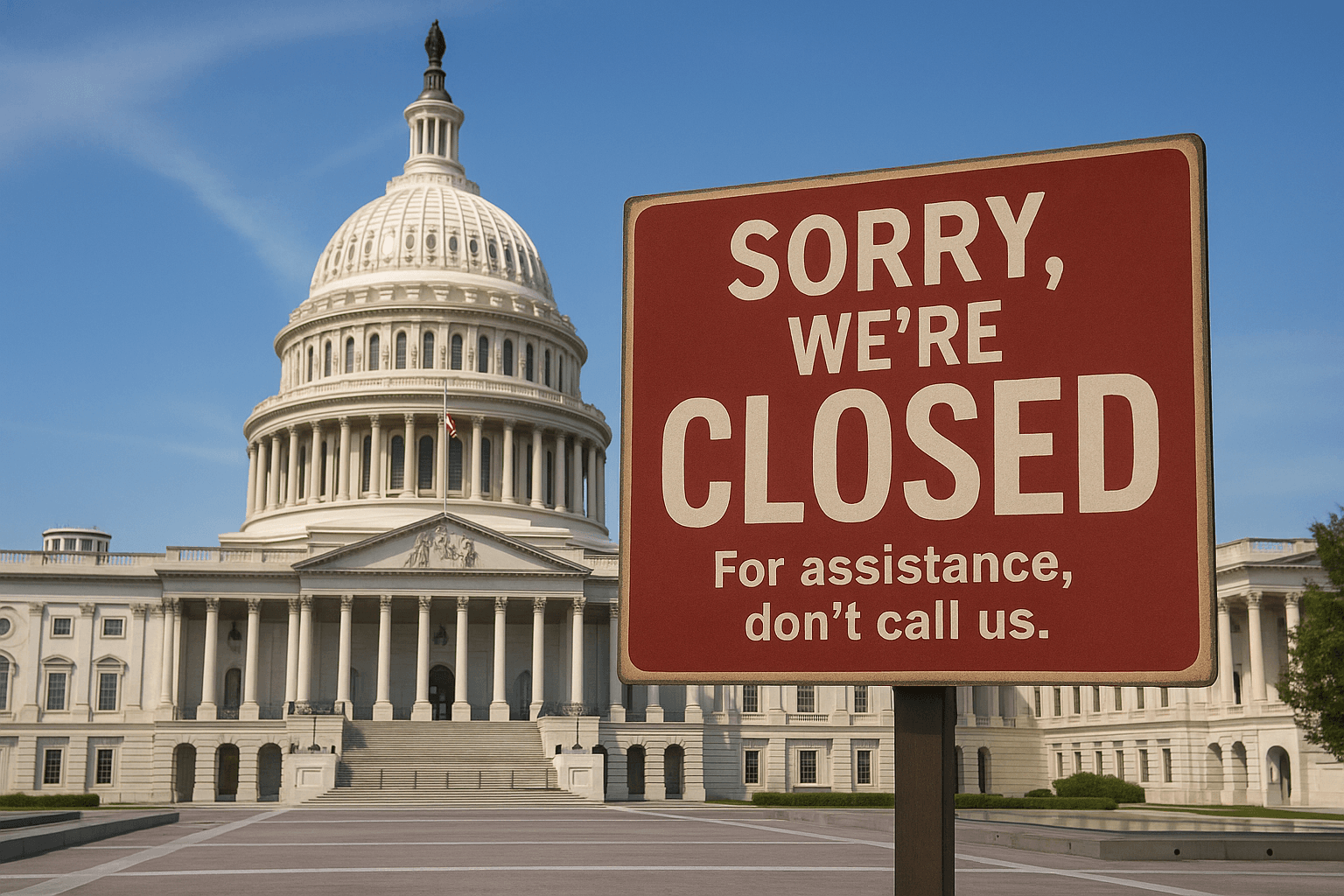Ukraine a 'No-Win' Situation for the White House, Observers Say

Only 34 percent of Americans approve of the way President Obama is handling the ongoing crisis in Ukraine and Russia, according to a recent Washington Post-ABC News poll.
The GOP is taking advantage of that fact, and several Republican senators have started to advocate heavier sanctions against Russia than are currently in place. But this may be more of a political tactic than a feasible recommendation, according to Chad Murphy, assistant professor of political science at the University of Mary Washington.
"Practical foreign policy is complicated, but public opinion on foreign affairs is never nearly as nuanced, and Republicans are taking advantage of that," he said. "Speeches saying Obama is weak and how they would be tougher on Russia are easy to make, resonate well with voters, and have no consequences because they don't have the power to act."Murphy went on to explain that because the president holds almost all the power in responding to situations like this, Congress is limited to trying to put pressure on him by influencing public opinion. If one looks at the Washington Post-ABC News poll, that tactic may be working; the president's overall approval rating has dipped to 41 percent.
While this may be an easy talking point for Republicans, there isn't much Obama can do about it, according to Stephen Farnsworth, professor of political science at the University of Mary Washington.
"Quite simply, the situation in Ukraine is a no-win for the White House," he said. "Russia is large, it is close, and it has considerable ability to influence events within eastern Ukraine. European allies, particularly Germany, are tied to Russian natural gas shipments and therefore would be unreliable in enforcing stricter sanctions than those in place right now."
A recent Forbes article showed that the European Union relies on Russia for 40 percent of its natural gas imports, and more than half of its overall fossil fuel imports.
The president may also be stuck between a rock and a hard place because Americans don't want to deal with the risks that would come with getting truly strict on Russia.
"The [Washington Post-ABC News] poll also shows that a vast majority of Americans think the U.S. should be less involved in the world," Farnsworth pointed out. "Americans may not like Obama's policies in Ukraine, but a military option would be far more unpopular."Finally, the issue may be complicated by the fact that many don't pay attention to foreign policy until it's brought directly to their attention.
"One of the big problems with polling is that people don't really have opinions on these types of issues," Murphy explained. "But when you put them on the spot and ask them about it, they will give you an answer that isn't particularly well thought out or meaningful to their daily lives."
But while much has been made of the president's drooping approval ratings by the media, the GOP may still have a ways to go if they want to turn this into a substantial advantage. Asked which of the two major parties was better equipped to handle the problems America will face over the next few years, 40 percent of respondents said Democrats and 34 percent said Republicans. It may also be worth noting that close to a fifth of respondents -- 17 percent, to be exact -- said that neither party was well-equipped to handle the nation's problems.
Photo Credit: Reuters



